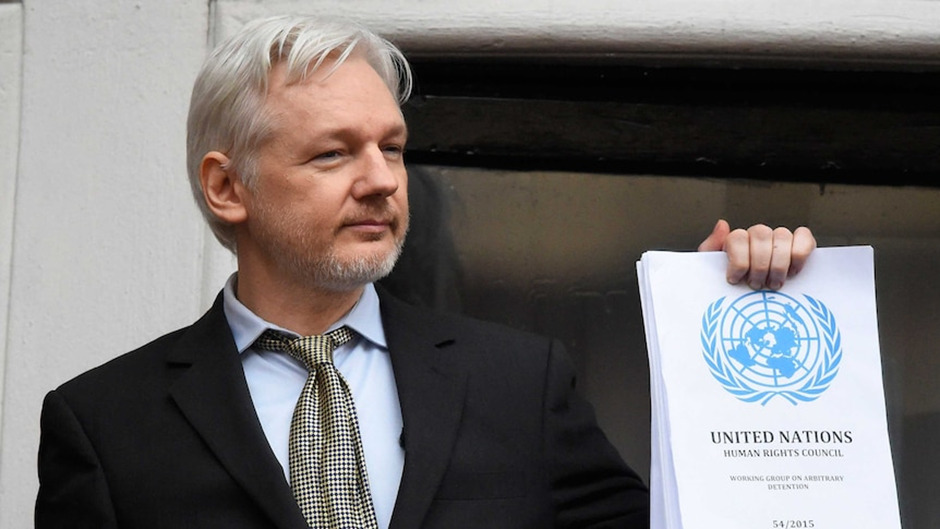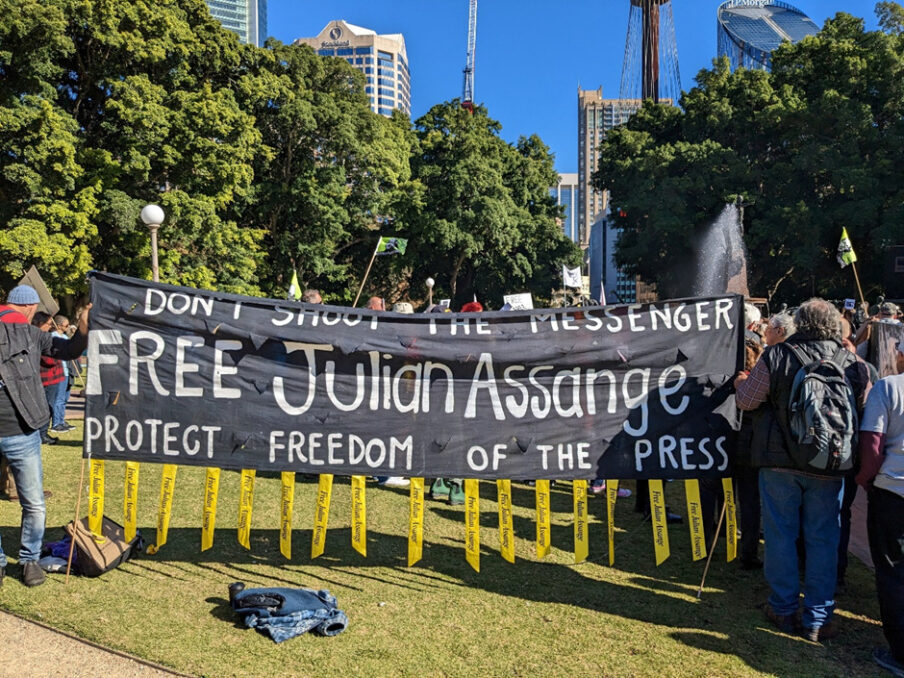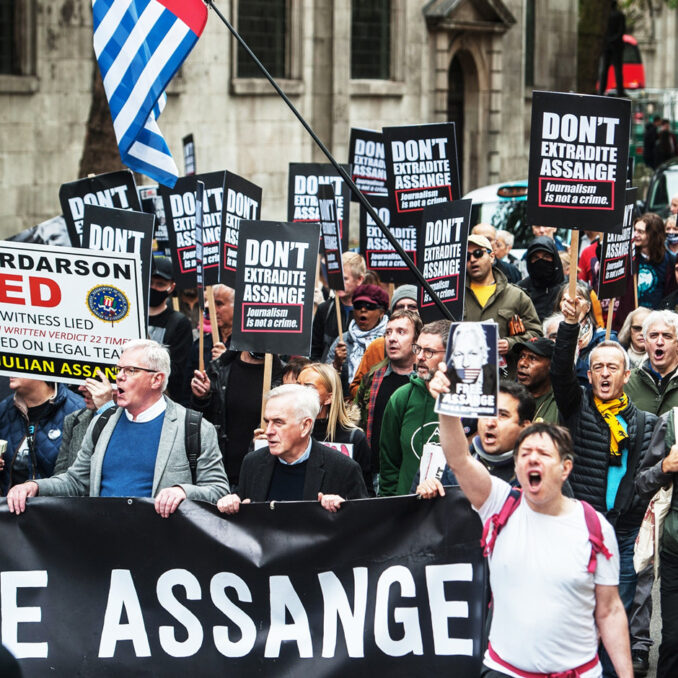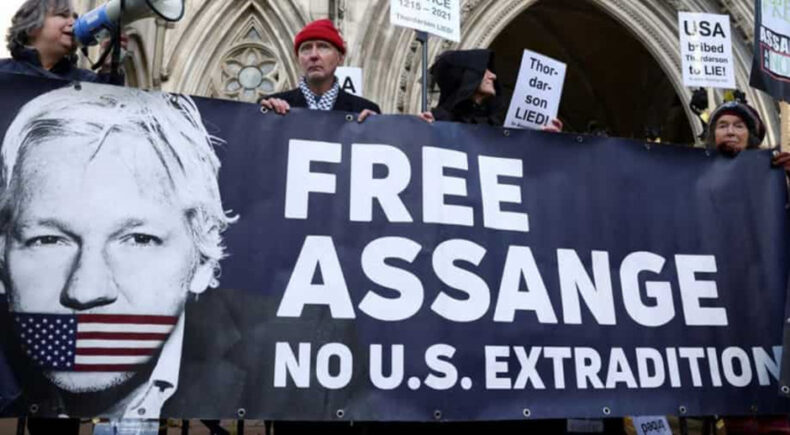Whistle-blower Julian Assange lost an appeal to stop his extradition to the United States on Friday. His partner Stella Assange has expressed intent to keep fighting the extradition with renewed appeals to stop it.
WikiLeaks founder and whistle-blower Julian Assange lost an appeal in the United Kingdom to stop his extradition from the UK to the United States on Friday. His wife and human rights advocate Stella Assange expressed their firm intent to keep fighting against the extradition. She mentioned that a renewed appeal will be made on his behalf next Tuesday.
Assange’s extradition was approved by former UK Home Secretary Priti Patel in June 2022. At the time, London High Court had rejected Assange’s pleas by stating that there were no legal bases for his challenge against the extradition order.

Assange’s Plea
Justice Jonathan Swift of the UK High Court had rejected a total of eight grounds of Assange’s appeal against his extradition in a three-page judgement handed-down on Tuesday. Assange’s plea countered the decision to extradite him on several fronts.
Firstly, Assange’s appeal claimed an error in Home Secretary Patel’s order. The order, according to the plea, was not in accordance with the US-UK extradition treaty which prohibits extraditions requested on political grounds or for committing political offence. Assange’s team has constantly reiterated that US is politically motivated to put Assange in a maximum-security prison for the rest of his life.
Furthermore, the whistle-blower’s legal team claimed that he was being prosecuted for “protected speech.” Consequently, according to the legal team, his extradition process is an abuse of power. In a rally to free Assange held in Sydney last month, his supporters were seen flashing banners of “protect freedom of the press.” His supporters have maintained that Assange’s extradition is an attack on journalistic freedom, a sentiment eloquently reflected in Assange’s plea.

Further Course of Action for Assange
After Justice Swift’s rejection of Assange’s plea, the accused is left with only one and the final course of action. His legal team has less than a week to submit an appeal of 20 pages which will be presented in front of two new judges of the UK High Court. The ensuing hearing will be publicly tried. If Assange fails in that plea too, there are no more avenues to explore within the UK. He can, however, appeal at the European Court of Human Rights. The European Court had acknowledged an application from Assange in December last year.
International Support for Julian Assange
The whistle-blower has garnered a strong fan-following across the globe along with political endorsements. His native nation Australia has been a constant advocate for his release. Present Australian Prime Minister Anthony Albanese had defended calls for Assange’s release when he was in the opposition. After becoming the Prime Minister, Albanese had raised the issue with US President Joe Biden in a visit last year. PM Albanese had called for a diplomatic resolution to Assange’s prolonged incarceration.

Luiz Inácio Lula da Silva, President of Brazil, also demanded Assange’s release. He stated that it was an embarrassment how an independent journalist was condemned to prison for exposing the “trickery by one state against another.” He raised freedom of expression and journalistic independence in Assange’s defence.
WikiLeaks and its Massive Exposés
WikiLeaks rose to prominence in 2010 after releasing massive torrent of classified US military documents and diplomatic cables depicting several human rights violations and war crimes committed by the US. The organisation had even published evidence of surveillance by CIA and NSA, making Assange an enemy of the US government.













